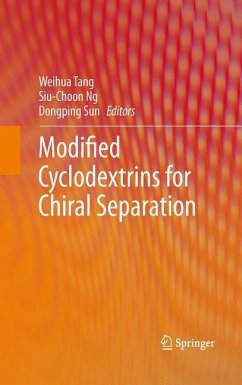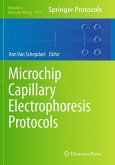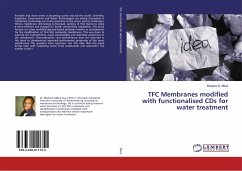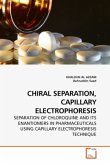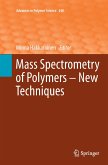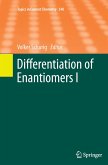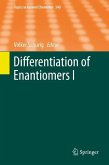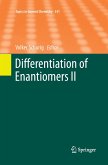Modified Cyclodextrins for Chiral Separation offers a review of the latest advances in developing modified cyclodextrins as chiral selectors for various chromatographic and electromigration techniques. Over the years, many descriptions of chiral separation have appeared in academic journals and books, but most of them have been devoted to either the development of analytical methods and protocols or the summary of different chiral selectors, including cyclodextrins for chiral separation applications. This is in marked contrast to this volume which focuses on the research endeavors concerning the development of cyclodextrin derivatives specifically as either chiral mobile phases for capillary electrophoresis, or chiral stationary phases for various chromatographic techniques including gas chromatography, or high-performance liquid chromatography and supercritical fluid chromatography. The ongoing thread in this book is the synthesis of structurally-defined cyclodextrin derivatives and their applications in enantiomer separation by means of different analytical techniques.
Modified Cyclodextrins for Chiral Separation is intended for those who are interested in expanding their knowledge of cyclodextrin chemistry and chiral separation, and in what cyclodextrin modification can be made to suit the needs of chiral selectors for different analytical techniques. It primarily focuses on the state-of-the-art cyclodextrin chemistry which is the basis for all chiral selectors used in these chiral separation techniques.
Weihua Tang, PhD, is a professor at the Key Laboratory of Soft Chemistry and Functional Materials, Ministry of Education, Nanjing University of Science and Technology, China. Siu-Choon Ng, PhD, is a professor at the Division of Chemical and Biomedical Engineering, School of Chemical and Biomedical Engineering, Nanyang Technological University, Singapore. Dongping Sun, PhD, is a professor at the Key Laboratory of Soft Chemistryand Functional Materials, Ministry of Education, Nanjing University of Science and Technology, China.
Modified Cyclodextrins for Chiral Separation is intended for those who are interested in expanding their knowledge of cyclodextrin chemistry and chiral separation, and in what cyclodextrin modification can be made to suit the needs of chiral selectors for different analytical techniques. It primarily focuses on the state-of-the-art cyclodextrin chemistry which is the basis for all chiral selectors used in these chiral separation techniques.
Weihua Tang, PhD, is a professor at the Key Laboratory of Soft Chemistry and Functional Materials, Ministry of Education, Nanjing University of Science and Technology, China. Siu-Choon Ng, PhD, is a professor at the Division of Chemical and Biomedical Engineering, School of Chemical and Biomedical Engineering, Nanyang Technological University, Singapore. Dongping Sun, PhD, is a professor at the Key Laboratory of Soft Chemistryand Functional Materials, Ministry of Education, Nanjing University of Science and Technology, China.

